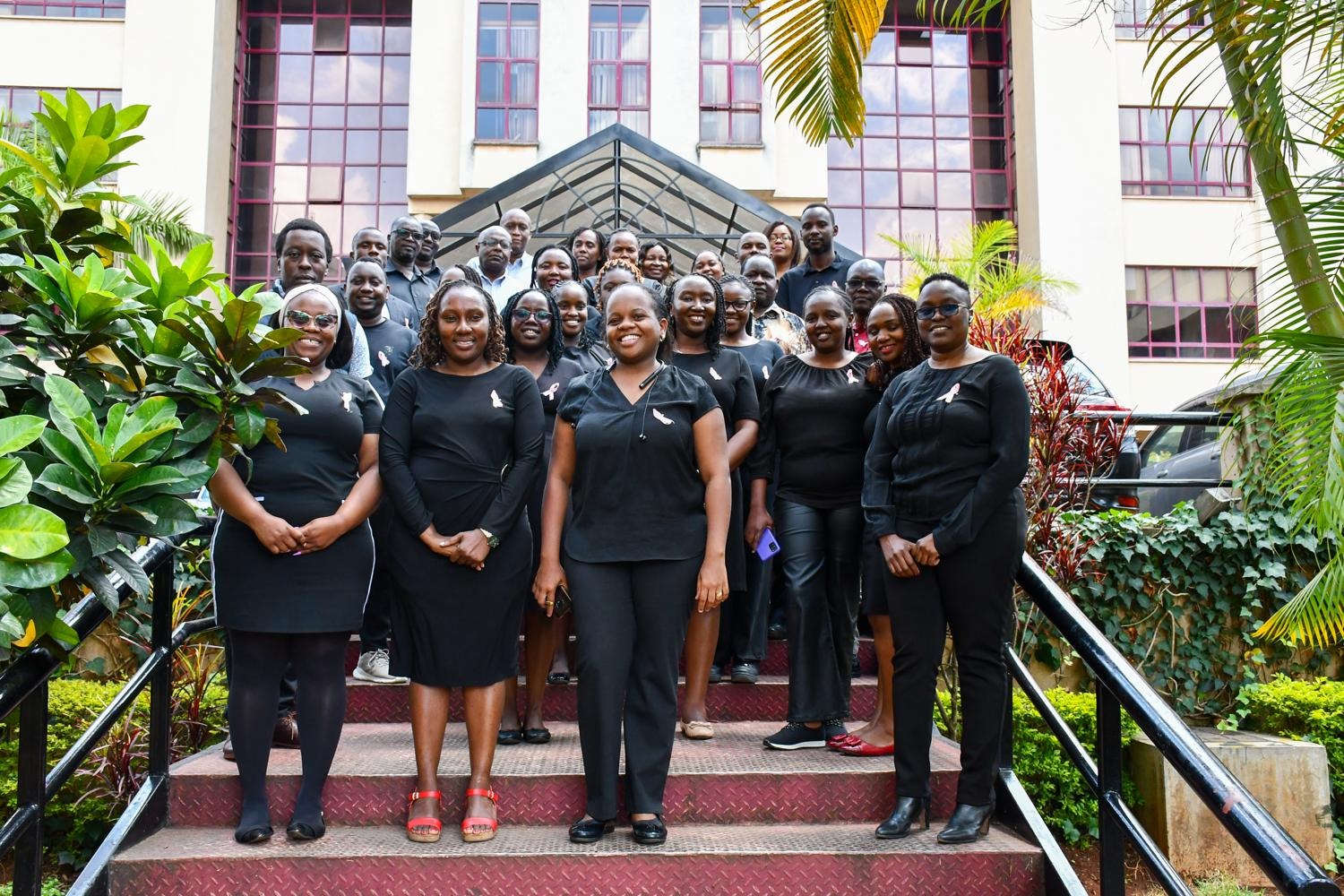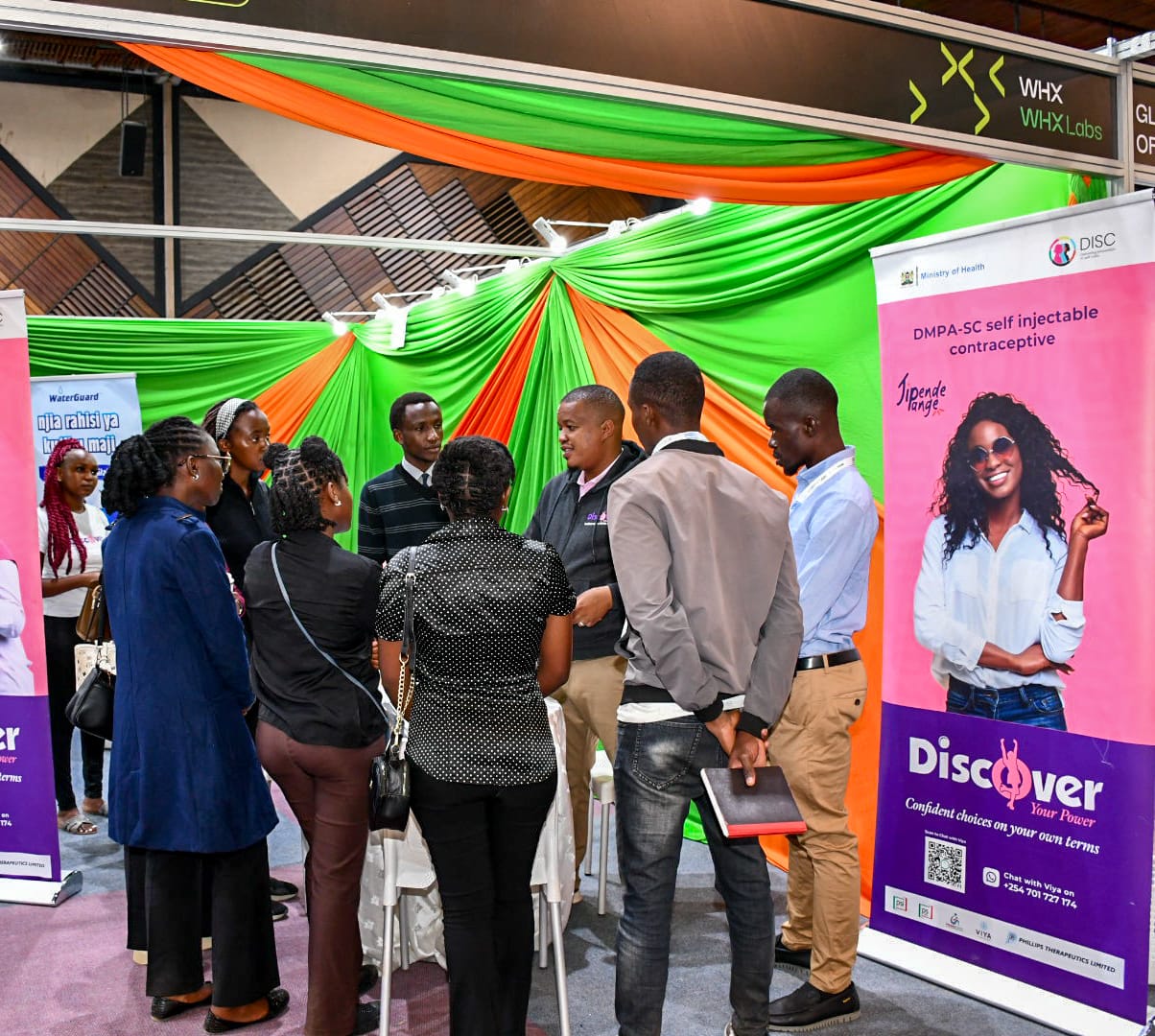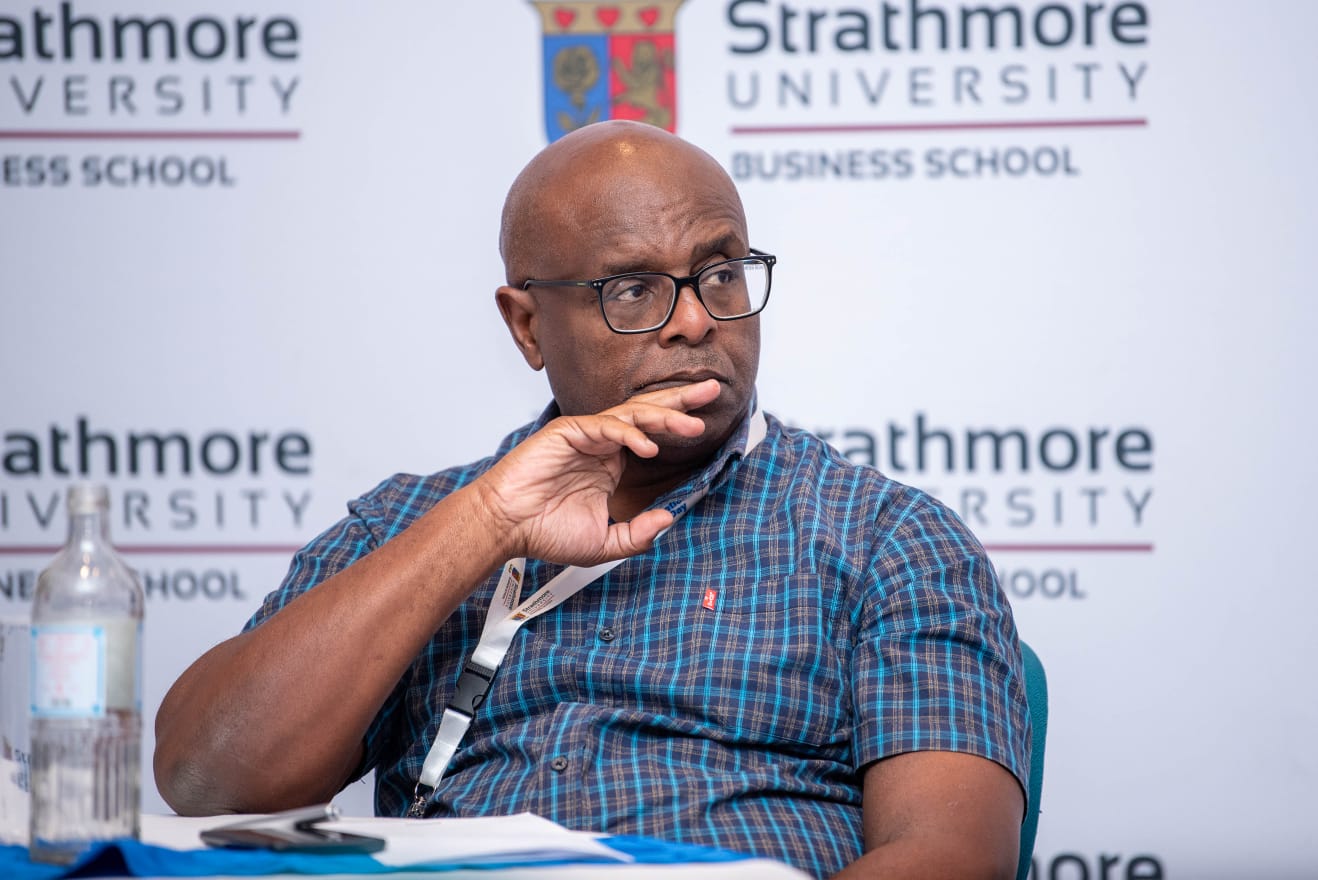In a world where numbers often tell tales of triumphs and challenges, the figure 7,273,907 resonates not just as a numerical value but as an indicator of the DESIP Programme’s impact, progress and a steadfast commitment to empowering healthy lives.
As the curtains drew open on the National DESIP Family Planning Learning Conference held on the 27th and 28th of November 2023, it wasn’t just an assembly of reproductive health experts waiting to learn about the Delivering Equitable and Sustainable Increases in Family Planning (DESIP) Programme best practices; it was a collective celebration of milestones that echo the resilience of Population Services Kenya’s (PS Kenya) commitment to family planning.

- 2,740,724 Family Planning Services Offered
- 2, 834, 370 Couple Years of Protection
- 1, 384, 216 Unintended Pregnancies Averted
- 310, 965 Unsafe Abortions Averted
- 3, 632 Maternal Deaths Averted
Every figure is a testament of lives touched and the resounding success of a programme that goes beyond numbers, reaching into the very fabric of societal well-being.
In attendance were officials from the Foreign, Commonwealth and Development Office, The Ministry of Health, the Council of Governors, The National Council for Population and Development, DESIP Implementing County Governments and DESIP Programme implementing partners.
The DESIP Programme, funded by the Foreign, Commonwealth and Development Office (FCDO) is a five- year programme whose aim was to aid in the reduction of maternal, neonatal and child mortality through greater and more equitable access to and uptake of Family Planning (FP) in Kenya, with a focus on rural women of reproductive age, including rural adolescents, poor women and people with disabilities. DESIP is currently being implemented in 12 counties where less than 45% of women use any modern contraceptive method.
The program has successfully led to a significant increase in public awareness and acceptance of family planning, breaking down barriers and creating opportunities for open conversations within communities. Moreover, it has played a pivotal role in enhancing the accessibility of family planning services, ensuring that individuals can easily access the support they need. DESIP has empowered communities with enhanced capacity in planning, financing, and coordinating family planning efforts, marking a substantial leap towards a more informed and better planned society.
As Kenya propels forward in its pursuit of Universal Healthcare Coverage, the emphasis on inclusive family planning services stands as a cornerstone for building a healthier and more resilient nation, a point that was very clearly emphasized by PS Kenya’s CEO during the conference.
“We are here because we want every woman and girl to have the power to access family planning when it’s right for her. There is no Universal Healthcare Coverage without family planning,” stated Dr. Margaret Njenga, CEO, PS Kenya. Her thoughts were echoed by Dr. Edward Serem, Head Division of Reproductive and Maternal Health, as he reminded us of the government’s commitment to UHC and asked all stakeholders to leverage on the Community Health Promoters and empower them as they will be the drivers of change at community level.
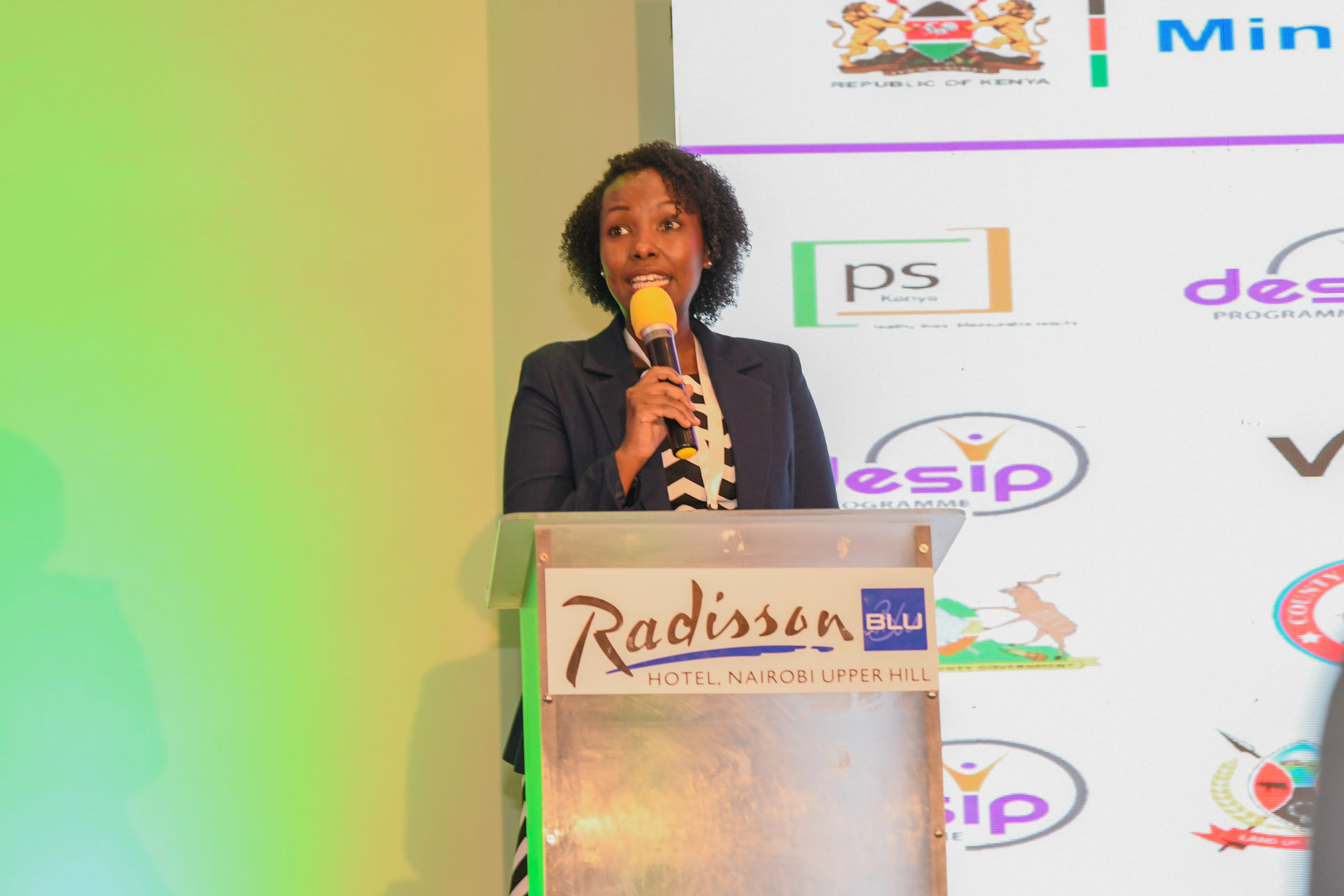
The DESIP Programme recognizes the significance of leveraging on the community and fostering collaborative partnerships as a means of dispelling myths and ensuring that family planning becomes an inclusive and well-understood aspect of public health.
“DESIP has demonstrated that myths and misconceptions of family planning can be demystified by strong engagement with community leaders, strengthened public and private partnerships and developing policies and guidelines that are accessible to everyone,” stated Edwarda Mendonca, Deputy Director, FCDO.
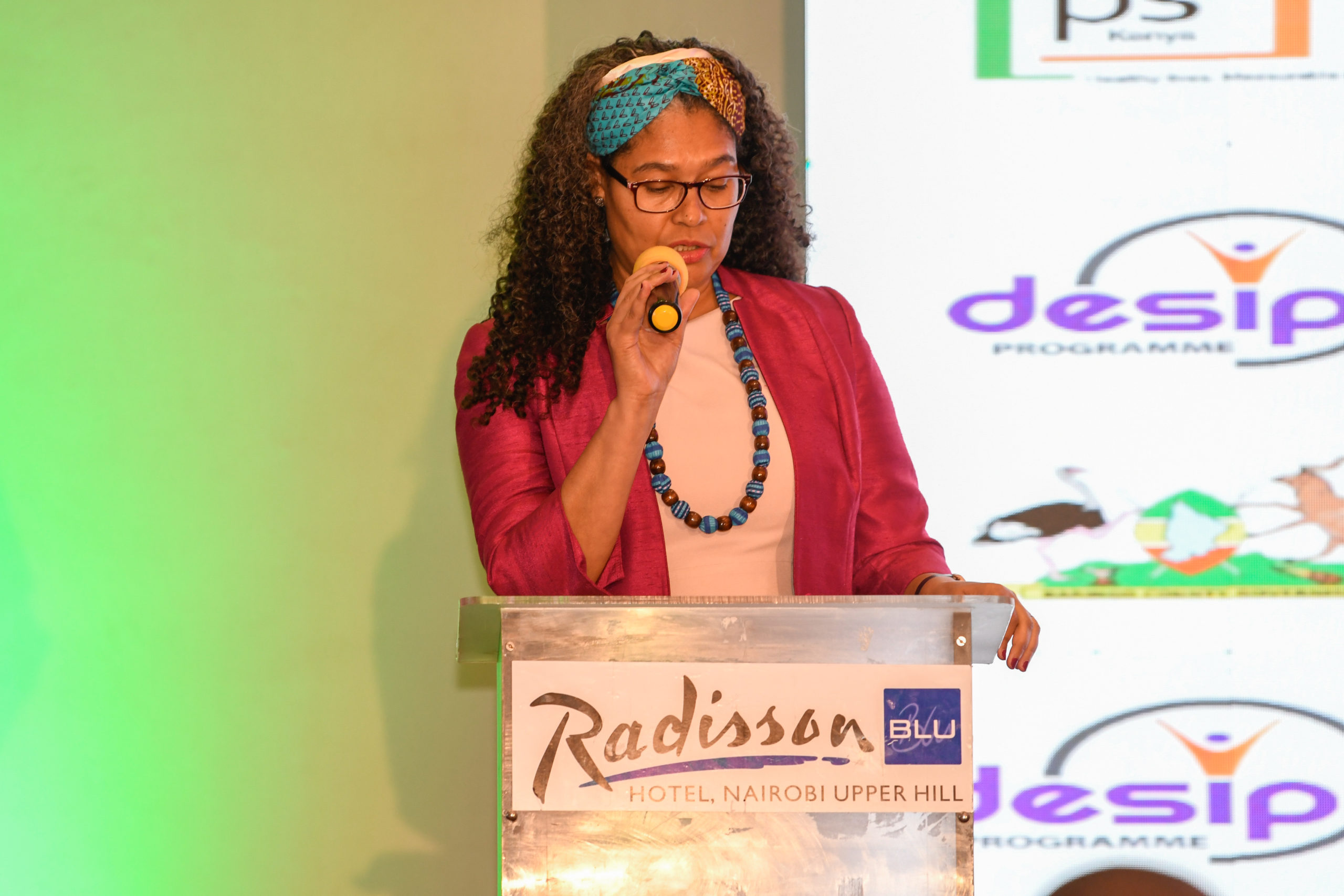
In order to ensure that no one was left behind in the quest to provide information and services on the uptake of family planning, the DESIP Programme leveraged on the following key concepts and thematic areas: Religious Leaders, Social Inclusion, Adolescent and Youth Sexual and Reproductive Health, Structured Mentorship and Male Involvement.
Recognizing the significant influence of religious leaders, the programme has utilized their advocacy to shift perceptions around family planning, fostering a more supportive environment. In hard-to-reach areas, Community-Based Distributors have emerged as crucial agents of change, delivering essential services to remote populations. To address social inclusion and reduce stigmatization, healthcare workers have undergone targeted training, ensuring that Persons with Disabilities (PWDs) receive dignified care. Moreover, infrastructural enhancements, such as ramps in health facilities, have been implemented to facilitate accessibility. Through structured mentorship initiatives, the program has embraced on-the-job training, with mentors and mentees forming a dynamic network to disseminate knowledge effectively. Engagement with adolescents and youth is championed through youth-led organizations and peer-to-peer education, tailoring information to resonate with younger demographics. Finally, male involvement was promoted in the male-dominated regions with the understanding that it contributes to informed decision-making, ensuring that both partners have a say in matters of contraception, pregnancy planning, and overall reproductive health.
However, as the DESIP Programme celebrates its accomplishments, it is crucial to recognize that sustaining these gains requires continued investment and support. The call for domestic resource mobilization becomes imperative in ensuring the longevity and effectiveness of the programme. While foreign funding has been instrumental, a shift towards local financing will enhance ownership, resilience, and adaptability to evolving challenges at county level.
As Kenya moves forward in its pursuit of UHC, the DESIP Programme provides a blueprint for success, emphasizing the pivotal role of family planning in building healthier and more resilient communities. The success achieved thus far is a testament to what can be accomplished with dedication and strategic partnerships. It is now incumbent upon all stakeholders, including the government, communities, and private sector, to rally behind this success story and commit to furthering the transformative impact of the DESIP Programme for the benefit of present and future generations in Kenya.

